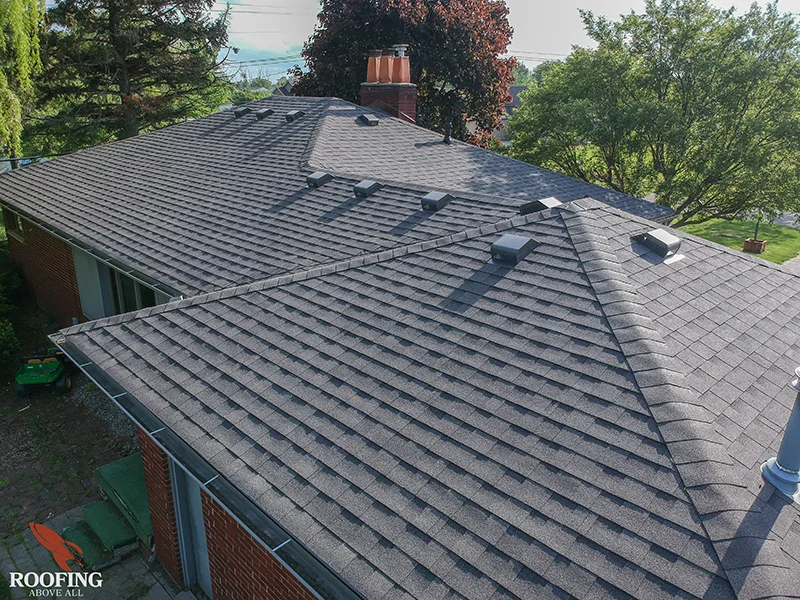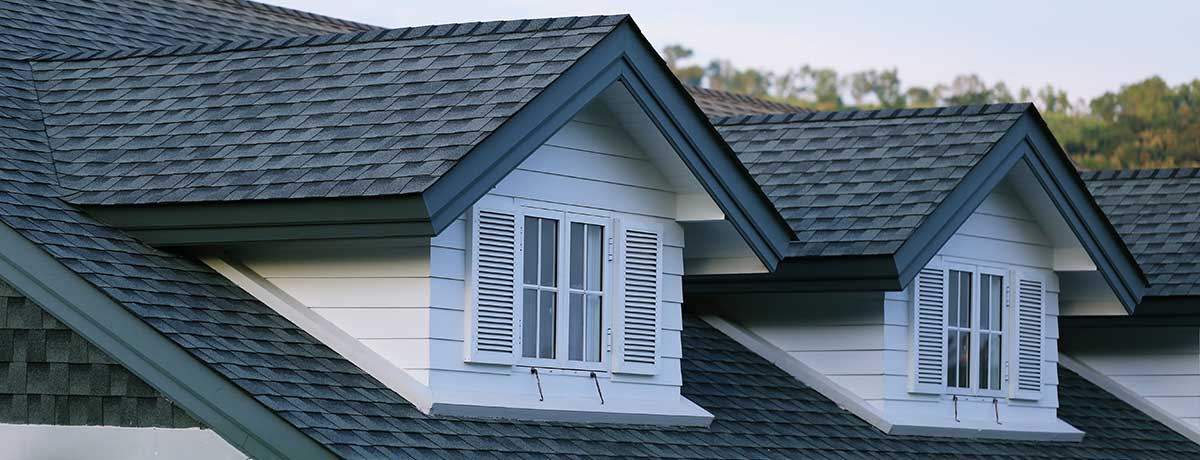The Definitive Guide to Roofing
The Definitive Guide to Roofing
Blog Article
Flat Roof Contractor: Professional Roof Remediation Services To Repair Leaks And Damage Efficiently
Checking Out Numerous Kinds Of Roof Repair Works
Ever gazed at a mysterious dark spot on your roof and questioned, " What's truly going on up there?" In some cases, determining the best kind of roofing repair work is like detective work, unraveling hints left by the weather, time, and use. From subtle leakages to glaring damages, each repair work type tells a story.

Typical Roofing Repairs Revealed
- Leak Repairs: The tricky offenders-- small fractures or holes where water slips in. Overlooking them can turn a moderate inconvenience into a costly problem.
- Shingle Replacement: Missing out on or broken shingles aren't just an eyesore; they're invitations for water damage and insects.
- Flashing Repair work: Those metal strips around chimneys and vents? When damaged, they end up being entrances for leakages.
- Roofing Vent Repairs: Appropriate ventilation keeps your attic dry and your energy bills low. When vents stop working, the roofing suffers silently.
When Little Repairs Make a Huge Distinction
Think of a pal who ignored a minor roof leak, believing it was no huge offer-- up until a storm hit, turning a drip into a deluge inside their home. This anecdote highlights why prompt repairs matter. The right fix could be as simple as sealing a crack or as included as changing several shingles. However how do you choose? Here's a fast choice guide:
| Issue | Common Repair | Indications to Look for |
|---|---|---|
| Leakages | Sealant application or patching | Water discolorations on ceiling, mold development |
| Damaged Shingles | Shingle replacement | Missing granules, curling edges |
| Flashing Issues | Metal flashing repair or replacement | Rust, separation from roofing system |
| Ventilation Problems | Vent repair work or installation | Excessive attic heat, moisture buildup |
Does not the intricacy of roofing repair work make you appreciate the workmanship behind a strong roofing? In some cases, a patchwork task isn't enough-- other times, a quick repair breathes brand-new life into your whole roof. What's clear is this: understanding the types of repairs empowers homeowners to act decisively, securing their investment before small fractures end up being wide chasms.
Unveiling the Essential Roofing Repair Products
When a roofing system whispers signs of wear, the products you choose for repairs can either extend its life or quicken its death. Ever discovered how a handful of loose shingles can cause a waterfall of leakages? That's the fragile dance in between asphalt shingles and weather's relentless assault. These shingles, typically the first line of defense, are valued for their balance between toughness and ease of setup. Be careful-- merely patching with mismatched shingles can turn a fast repair into a future headache.
Metal flashing frequently escapes notice up until water spots appear on ceilings. This simple strip guards vulnerable joints where various roofing system sections satisfy. An experienced roofer knows to examine and replace rusty flashing before mold claims success. It's the distinction between a minor repair and a pricey interior restoration
Products that Matter
| Material | Common Usage | Expert Tip |
|---|---|---|
| Asphalt Shingles | Changing harmed or missing out on shingles | Match granule color and density for seamless mixing |
| Metal Flashing | Sealing roofing joints and around chimneys | Usage corrosion-resistant metals and seal edges with roof cement |
| Roofing Cement | Sealing small fractures and protecting flashing | Apply while warm for finest adhesion and durability |
| Roofing Felt | Underlayment for wetness barrier | Staple thoroughly to prevent puncturing the water resistant layer |
Have you ever questioned why some roofing systems seem to weather storms untouched while others falter? The secret often lies underneath the surface area in the underlayment. Roof felt, a humble yet crucial product, functions as a second shield when shingles fail. Cutting corners here suggests welcoming wetness to slip in unnoticed. Here's a professional insight: constantly make sure the felt lies flat without any wrinkles; even a small bubble can trap moisture and lead to early rot.
- Examine fasteners-- loose nails can loosen up shingles and stir catastrophe.
- Use a multi-layer approach; integrating products increases durability.
- Remember, roof cement is your friend however not a cure-all; it's best for spot repair work.
In the realm of roofing repair work, accuracy with products transcends mere patchwork. It's a calculated symphony of texture, wetness control, and weather resistance. The next time you lift a shingle, ask yourself: does this repair work honor the roofing system's original defense or merely paper over the cracks?
Assessing the Damage with a Keen Eye
Ever climbed onto your roofing just to recognize that what appeared like a minor leak may be hiding a labyrinth of harmed shingles and distorted decking underneath? The initial step in any roof repair work is a precise evaluation. Stroll the boundary with care and look for curled edges, dark areas, or granule loss on the shingles-- these subtle indications frequently whisper louder than an open hole. Do not simply glimpse; study the angles, since water infiltration rarely announces itself nicely.
Event Products: The Accuracy of Preparation
Before rising the ladder, guarantee you have all the needed tools at arm's reach. Envision the frustration of stabilizing on a slanting surface area, understanding you forgot your roofing cement or roof nails. Here's a list to keep convenient:
- Replacement shingles matching your existing roofing
- Hammer and galvanized roof nails
- Roofing cement or sealant
- Utility knife for exact cuts
- Flat crowbar to get rid of broken shingles
- Safety belt and non-slip shoes
Precision in Elimination and Replacement
Removing damaged shingles requires both strength and skill. Place the crowbar gently under the shingle, lifting nails without tearing adjacent locations. One may be tempted to pull powerfully, but gradual take advantage of avoids further destruction. When placing brand-new shingles, stagger them properly-- remember, a misaligned shingle can become an entrance for rainwater, welcoming leakages that slyly deteriorate your home's structure over time.
Sealing the Deal: Avoiding Future Leakages
Applying roof cement isn't simply slathering tar; it's about developing a long lasting barrier. Dab a modest quantity under the shingle get more info tabs and press strongly, making sure a tight fit. Excessive cement can break in the sun, insufficient welcomes moisture. Have you saw how some roofs survive storms untouched? That's the outcome of expert sealing, a subtle art that changes simple repairs into long lasting security.
Safety Tips Every Do It Yourself Roofing Professional Ought To Swear By
- Never work on a wet or windy day-- slips take place faster than you think.
- Use a sturdy ladder put on firm ground and inspect its angle.
- Wear gloves to protect your hands from sharp edges and nails.
- Keep an emergency treatment package nearby; small cuts can intensify if ignored.
- Deal with a pal whenever possible-- roofs aren't a solo adventure.
Why Trusting Professional Roofer Matters
Ever discovered how a simple leak can quietly transform into a catastrophe? Roof repair work demand accuracy, and employing novices frequently leads to patchwork services that crumble with the next storm. A professional contractor doesn't simply slap on shingles; they diagnose the source, whether it's worn flashing, compromised underlayment, or hidden rot.
Imagine climbing onto the roofing yourself, equipped with a hammer and some nails, only to recognize you've aggravated the issue. The fact is, roofing system damage isn't always noticeable from the ground and even the attic. Professionals wield moisture meters and infrared video cameras-- tools that reveal the hidden. Would you trust your home's guard to uncertainty?
Secret Benefits of Specialist Roofing Specialists
- Precise Assessment: They recognize subtle signs like granule loss or drooping decking that most miss.
- Code Compliance: Making sure repair work fulfill regional building regulations, avoiding future insurance coverage headaches.
- Material Knowledge: Selecting the right products to match your roofing's distinct profile and climate challenges.
- Security First: Browsing steep slopes and heights with correct harnesses and devices.
- Warranty Guarantee: Backing repair work with assurances that protect your financial investment.

Specialist Tips for Working With the Right Roofer
- Confirm licensing and insurance coverage-- do not bet with unproven credentials.
- Request a detailed written estimate detailing scope and materials.
- Inquire about their procedure for attending to surprise damage uncovered during repairs.
- Check how they deal with debris elimination-- roofing work should not leave a mess behind.
- Verify experience with your particular roofing type, whether asphalt, metal, or tile.
In roofing repairs, faster ways often cost more in the long run. The specialists understand when to fix, when to change, and how to extend your roof's life-span. Isn't it much better to secure your home's very first line of defense with those who see beyond the surface area?
Specialist Roof Fixes in Baltimore County
Baltimore County is a lively area known for its diverse neighborhoods and rich history. With a population that delights in a mix of rural and urban living, the county provides destinations like the beautiful Loch Raven Tank and the dynamic Towson Town Center. Residents gain from a strong regional economy and access to quality public parks and cultural events, making it a preferable place to live and work.
For reliable advice and a totally free consultation on roofing repairs, think about reaching out to CRG Roofing and Siding. They offer expert guidance customized to your needs and assist guarantee your roof remains in exceptional condition.
Report this page